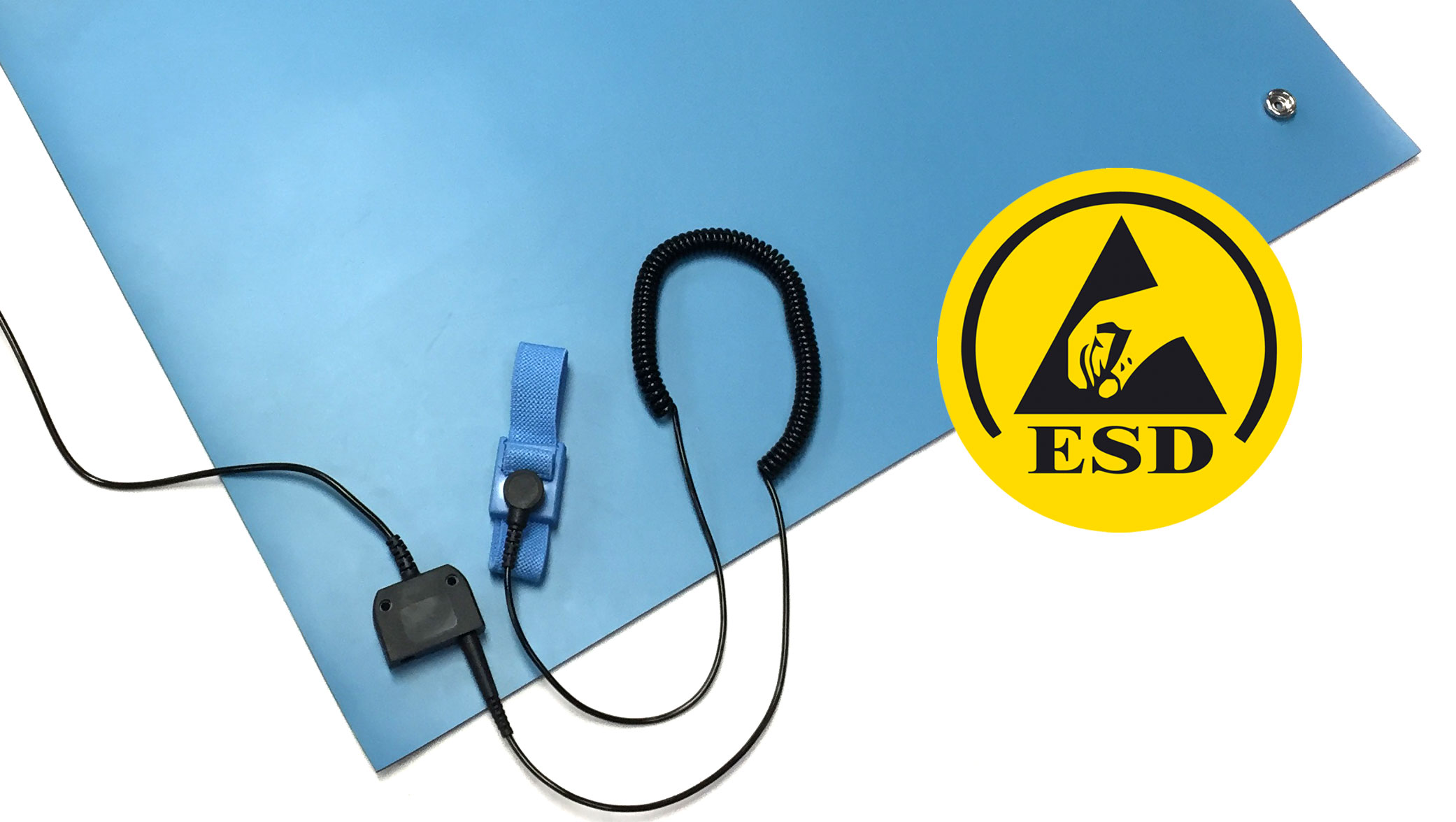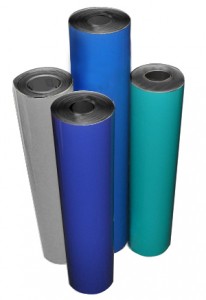How to Design an ESD Workstation
September 28, 2011
An ESD Workstation is a work area that is free of static and safe from ESD (electrostatic discharge). The workstation is made up of materials and equipment that limit voltage generation and eliminate static if it is present.
For an ESD workstation to function properly, all components of the work area (work surfaces, people, equipment, etc.) must be grounded to the same electrical ground point called the “common point ground.â€Â
We list the steps and components necessary to an ESD workstation. While it is recommended to take every precaution available to control static, not all the ESD steps below may be necessary for basic ESD protection. Your workstation may not require all these items. Call Transforming Technologies for help designing your ESD workstation
ESD Protection Steps
Stationary Personnel
Mandatory Steps: 1,2,3
Suggested Steps: 7,9
Optional Steps: 4,5,6,7,10
Mobile Personnel
Mandatory Steps: 4,5,6
Suggested Steps: 9
A work surface that removes static from conductive items placed on it. Commonly made from durable materials such as rubber, vinyl or laminate. A 10mm grounding snap should be installed in the mat or every 10 ft if it is long.
2. Wrist Band and Coil Cord Set
Safely grounds a person working at a workstation. It is worn around the wrist and is connected to ground through a long coiled cord and the common point ground.
Used for grounding ESD mats and provide a path-to-ground for the person wearing wrist straps. It attaches to the ESD worksurface via the 10mm grounding snap.
ESD floor mats remove static charges from conductive items placed on it. ESD footwear such as a Heel Grounder must be worn to remove static from the person standing on the mat. It is best used for mobile personnel that cannot be tethered to one location by a wrist strap.  A grounding snap should be installed in the mat or every 10 ft if it is long.
Used for grounding the floor mat by providing a path-to-ground for an ESD floor mat. Connects to the mat via a grounding snap.
Worn on each shoe to connect a walking or standing person to ground.
These electronic devices continuously monitor the path to ground of a wrist strap, work surface and other grounded components on a workstation. Eliminates the need to test wrist bands and protects against ground failures.
8. ESD Jackets
Provide shielding from static charges on your clothing. A “Hip-to-Cuff†grounding system ensures proper grounding without requiring wristbands being worn that can inhibit your movement.
ESD wrist strap and heel grounders, like any equipment used every day, can wear. Ensure these items are in proper working order with ESD Equipment testers.
10. ESD Air Ionizers
Materials, called insulators, cannot be grounded by typical means. Ideally insulators should be removed from the workstation, but if they must stay an ESD Air ionizer can neutralize static buildup. Delivering a balanced stream of ionized air, ionizers remove static charges from insulating materials and isolated conductors.
Every situation is unique and requires different steps to properly manage a static situation.

 An
An 
